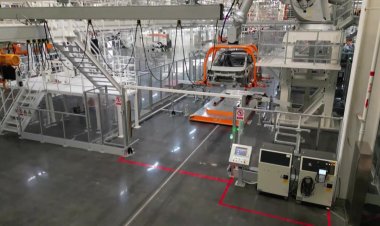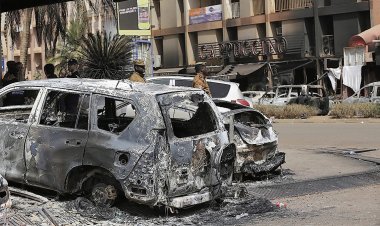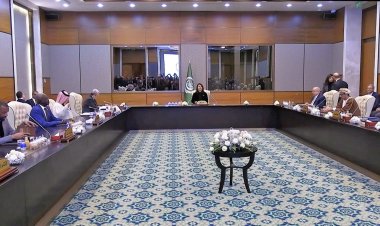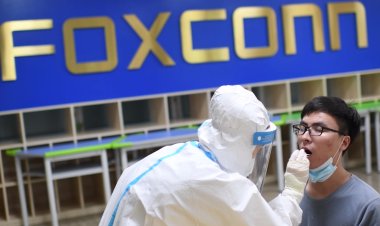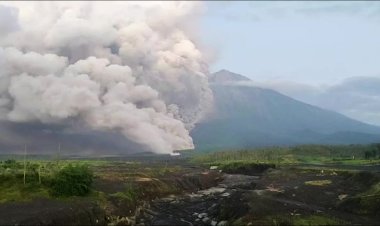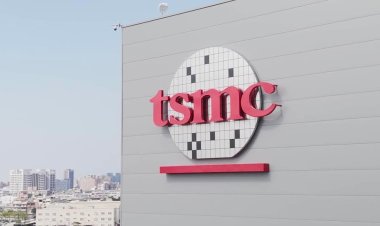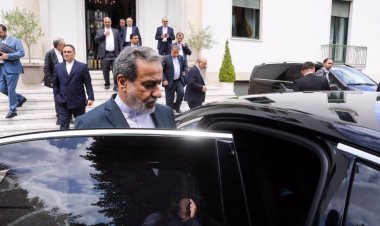Mexico moves migrants from makeshift border camp to shelter
Migrants from a makeshift camp on the Mexican side of the US border have been moved by the Mexican authorities to a shelter in Ciudad Acuna where they are being tested for HIV and syphilis, and can collect clothes and food. Almost all of the thousands of mostly Haitian migrants who had gathered on both sides of the border, provoking a crisis for the Biden administration, have now left their camps.
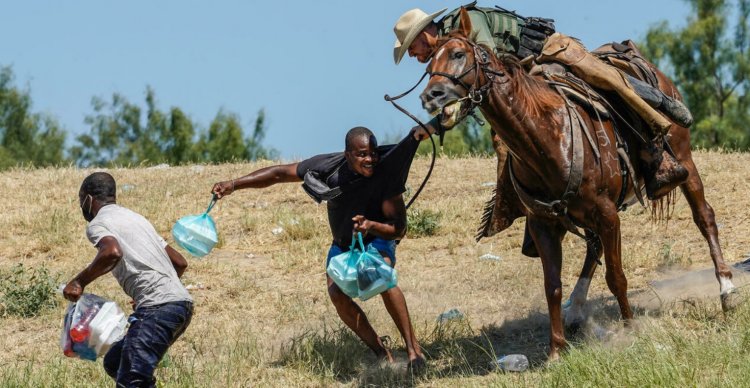
Almost all of the mostly Haitian migrants who had gathered on both sides of the US-Mexico border have left their makeshift camps, ending a standoff that had provoked a major border crisis for the Biden administration.
At Ciudad Acuna on the Mexican side, AFP saw migrants packing up their belongings and getting into vans taking them to a shelter, after a deal struck with the Mexican government.
Just hours beforehand the United States had announced that the last of the migrants who were camping illegally under a bridge on the Texas side of the border had either left or been removed.
"As of this morning, there are no longer any migrants at the camp underneath the Del Rio bridge," Homeland Security Secretary Alejandro Mayorkas told reporters at the White House.
Around 2,000 were flown to Haiti on 17 expulsion flights, Mayorkas said, while "others have been moved to processing facilities along the border."
"Many of them will be returned to Haiti from there," he said.
The Homeland Security chief said an estimated 8,000 had voluntarily returned across the border to Mexico, some 12,400 individuals will have their cases heard by an immigration judge, and another 5,000 are being processed to determine if they will be removed or not.
In Ciudad Acuna, city council secretary Felipe Basulto said migrants currently at the shelter would not be detained or deported, and that they could move around the city "with complete confidence."
He said they would be able to try and resolve their immigration status while at the shelter, which is being administered by the National Migration Institute "precisely so that they can offer them an alternative of legally staying in the country."
The relocation came hours after Mexican President Andres Manuel Lopez Obrador said he did not want his country to become "a migrant camp."
"We want the underlying problem to be addressed," he said, urging the United States to invest in economic development in Central America so people do not need to flee poverty.




